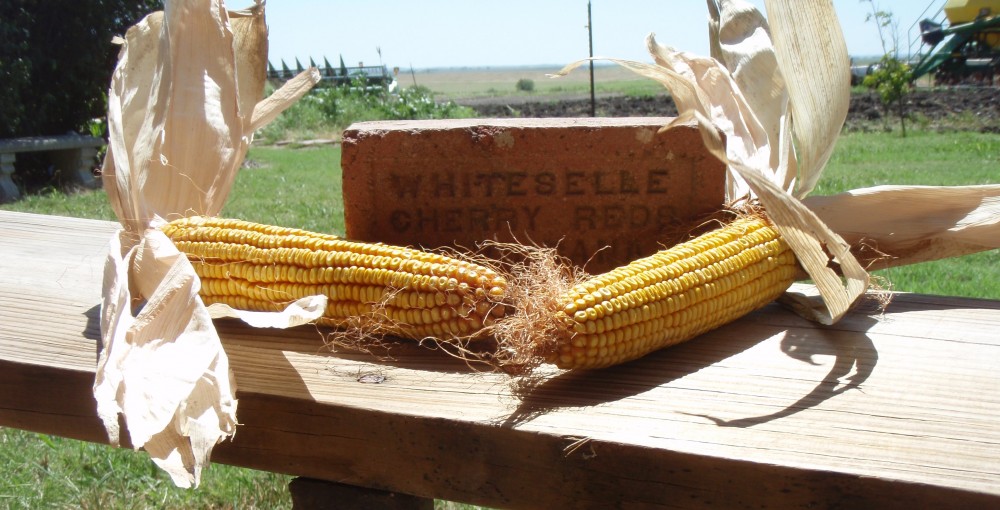“M I S S I S S I P P I”
That’s how we learned to spell it in grade school. It was our biggest word.
It is the biggest river in North America, the Great American River, the Mississippi River. In the world, it’s #4 in length, behind the Amazon in South America, the Nile in Africa and the Yangtze in China.
“Roll on Mighty River” is a verse and image that flows and lives in the lines and pages of many a song, poem and book and in the memories of many of us.
Mark Twain couldn’t keep his mouth shut, and we are all the richer for that. He loved the river and the boats that plied its length. With Tom Sawyer and Huckleberry Finn, he sat on the bank with a hay straw in his mouth watching those big paddle-wheelers pass by and wishing someday he’d be on one. Mark Twain did just that. Samuel Langhorne Clemens, that young boy’s real name, became a master riverboat pilot, and he left those other boys on the bank to write about later. He was off on an adventure on the Ole Mississip. No time to write now. There was a sandbar to miss and a joke to tell. Great novels could wait when a Great River was calling.
When I was a very small boy, my Grandpa Harry, who bought and sold cows, would take me with him on his buying trips. There was this section of Highway 133, the Great River Road, going north outside the town of Potosi, Illinois. At that point, the road looped high and around a bluff with the river below. I would stretch up in my seat to stare wide-eyed out the window amazed and frightened to be at such a stunning elevation with the broad width of the Mighty River before me, and I would shiver and dream scared thoughts all the way to Grandma Sally’s house in a hidden valley upriver where her clan fished the river in every season for their livelihood. Those were the thoughts of a small boy. Years later, I laughed at how tame that high outlook was to a grown man, but when I reached the dwellings in that little fishing valley, I remembered the fun and excitement of summers near the river and watching the big fish from the day’s catch swimming in the large spring-fed concrete holding tank on the rocky hillside.
Dubuque, Iowa is just across the river and downstream. My mother grew up there, Grandpa Harry had a butcher shop there, and I went to college there. Dubuque is #10 on the list of the most populace cities down the length of the Mississippi River from its headwaters at Lake Itasca in Minnesota, where I stepped over the stream that is the Mighty River at its small start, to New Orleans and the delta reaching into the Gulf of Mexico. Surprisingly to me, because I always think of it as a bigger city, New Orleans is #4 on the list of big cities on the river, behind the Twin Cities of Minneapolis & St. Paul in Minnesota at #1, where my parents live now, followed by St. Louis and Memphis.
In 1814, Colonel Andrew Jackson, later to become President of the United States and know as “Old Hickory” for his salty and determined manner, stopped the British advance up the Mississippi River at the Battle of New Orleans. Johnny Horton wrote a catchy, if irreverent, cowboy tune about the battle — and I mean no disrespect to our British friends and readers. As the battle progresses and, with some unusual help from a somewhat distressed alligator, turns in favor of the frontiersman under Old Hickory, the tune draws to its end with these excited lines: “Yeah, they ran through the briars and they ran through the brambles, And they ran through the bushes where a rabbit couldn’t go. They ran so fast that the hounds couldn’t catch ’em, Down the Mississippi to the Gulf of Mexico.”
“M I S S I S S I P P I”
We spell it when we’re young, we step over and drive around it, we fish and float there, we write and read about it and its friends, we sing of its turns and fates, and we learn as we age that it may not be the biggest or longest, but for us that know and have felt its waters and its ways, it will always be home.
Enjoy yours wherever you may be,
Grandpa Jim
